Do you experience frequent trips to the bathroom and ongoing urinary bladder pain or constant sensation of pressure in the bladder? Of course the first thought might be that these symptoms are due to a urinary bladder infection. In many cases however, urinary testing reveals no infection is present – yet these uncomfortable symptoms persist!
In this case, the likely cause of the ongoing discomfort is Interstitial Cystits.
Interstitial cystitis is irritation and inflammation of the bladder without an infection present. Often there are inflammatory changes present in the bladder in the form of small ulcers, sometimes however these cannot be seen. Naturopathic medicine has many options for treatment of interstitial cystitis and often a combination of dietary elimination and supplementation helps to improve and resolve the majority of cases.
Here are 3 approaches that work in my practice:
Determine which Foods and Drinks are Your Triggers
This is sometimes easier said than done, however, there are a few dietary offenders that should be eliminated to determine if they trigger your symptoms. These foods and drinks tend to be irritating due to their acidity, diuretic properties or inflammatory action on the bladder. Avoid the following foods and drinks for a period of three weeks to determine if there is improvement: alcohol, coffee, caffeinated tea, spicy foods, citrus fruit, cranberry juice, tomato products, artificial sweeteners, cured meats, MSG and carbonated drinks. This is not an all-inclusive list but a good start if you consume these regularly. Often when I have a look at a patients common dietary choices, I eliminate more foods or test for IgG mediated food sensitivities to look for other foods that may contribute to bladder inflammation.
Determine if Your Supplements are Your Triggers
Health supplements you are taking to keep you healthy may actually be irritating your bladder! This can be especially true for health products that contain B vitamins, Vitamin C, certain herbal preparations including cranberry pills or health products with many fillers or artificial colours. I typically ask my patients to stop most supplements for a period of 3 weeks. Once bladder symptoms resolve, we re-introduce one at a time every few days.
Take quality health products to heal the bladder
We stop some health products but introduce others. My recommendations include increased intake of mucilaginous herbs such as slippery elm or marshmallow root. These herbs help to produce a healthy mucus layer in the bladder that allows for healing of ulcers. I usually also recommend a good quality probiotic, omega 3 fatty acids, vitamin D and quercetin depending on the patient. The list is choosen based on their anti-inflammatory properties. Always consult with your ND or MD if you are taking medication to see if the above supplements are right for you.
The above steps have helped many of my patients recover from symptoms of bladder irritation and interstitial cystitis. Usually symptoms will improve after 3 weeks, but the treatment period may last longer depending on patient response.

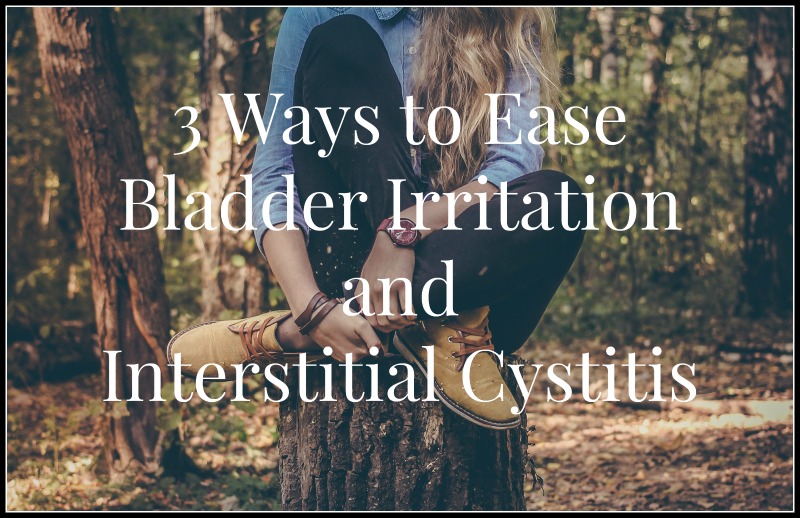

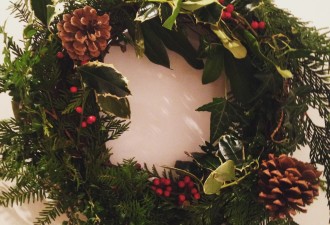
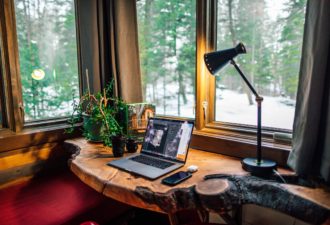
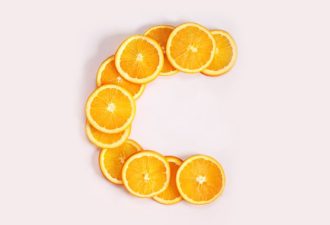
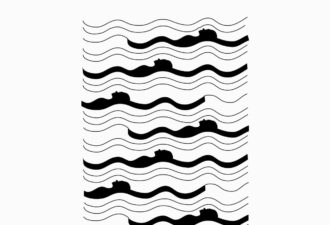
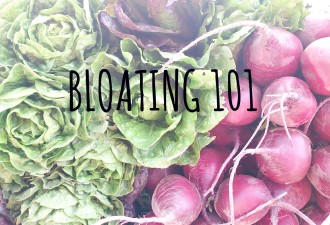
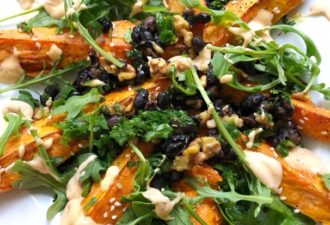
Do you recommend liquid minerals for ic. Paitients? Or can colloidal minerals be a problem?
Thank you so much Dr. Aggie for this valuable information as I have interstitial cystitis and am currently having a wicked flare to the point that I thought I was dealing with an infection only to have the urinalysis results prove negative. I was diagnosed with fibromyalgia 20 years ago which I know makes for a sensitive bladder but was only diagnosed with the interstitial cystitis two years ago. Have you heard if any evidence to validate the use of Aloe Vera Gel to heal the bladder? Also I read an article where Saw Palmetto is good for interstitial cystitis but I am a female so is it safe for female use or would you recommend simply staying with your suggestions in this article? Thank you again.
Do you recommend cutting dairy and choc?
Also I have been taking d mannose and aloe vera plus pumpkin seed oil…..should i cut these out too
Thanks for explaining that acidic foods such as alcohol and coffee can act as triggers for interstitial cystitis. I’m looking for a women’s health doctor to visit because I’ve been having severe bladder pain for about two weeks now and think it might be due to interstitial cystitis. I’m glad I read your article and learned some helpful tips to keep in mind if I do end up having a positive diagnosis.
is vitamin B2 ok to take for IC? i get headaches and my MD said to take vitamin B2 not complex B vitamin
Does B6 irritate bladder? Ive been taking p5p before bed and in the morning the burning starts. I have noticed on the days I have not taken it I don’t feel burning as much.